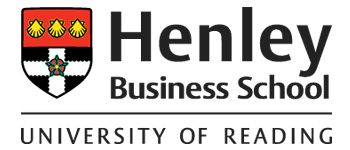Welcome to The People of 1381 for School Teachers section!

In this part of the website, you will find:
- Support for teacher knowledge, curriculum and teaching ideas
- Downloadable classroom resources with teacher guidance
This section has been produced by the members of the Historical Association 'The People of 1381' Teacher Fellowship that took place in 2022. Teachers and teacher educators worked with the academic team to ensure that what is taught in schools about 1381 can reflect the latest research and scholarship.
The importance of The People of 1381
Why make time for the people of 1381 in a crowded curriculum? Well, first it was the largest and most widespread revolt to date in English history, shaping the later Middle Ages and resonating in popular protests right up to the present day. Second, the story is revealing about the later Middle Ages, including society, culture, the economy and the politics. Third, it is a topic that puts people at the centre, and there is a rich seam of historical scholarship upon which to draw. Finally, the way in which historians carry out their research and arrive at their conclusions can be taught through a study of 1381 too. There are many places where this topic could be placed into a coherent curriculum, and here are suggestions for historical enquiry questions to frame sequences of learning.
The traditional narrative in schools has focused on the events at Smithfield and situated the Revolt as a response to the Black Death. This is inadequate. As The People of 1381 project and these teaching materials reveal:
- The Revolt was not just based in London but was an event of national importance and local significance.
- Those who rose up were not just 'peasants' but a wide cross-section of society, such as local gentry and battle-hardened soldiers.
- The Revolt had more causes and went on for longer, impacting hugely on society.
- Women were part of the Revolt and its aftermath.
- Fourteenth-century English people were litigious. The country had a sophisticated bureaucracy and legal system that was used across society, including as part of the Revolt.
- While there was a local flavour to uprisings in 1381, there are also common motifs suggesting shared understandings and communication.
Disciplinary knowledge
The People of 1381 project gives teachers the opportunity to show pupils historians at work: the questions that they ask, the research methods that they deploy, the problems that they encounter and the ways in which they reach their conclusions. This disciplinary angle of the topic enables students to get beyond 'source work' and learn how historians use their knowledge to engage with what they find from the past. It makes the puzzle and complexity of working with the evidence accessible.






